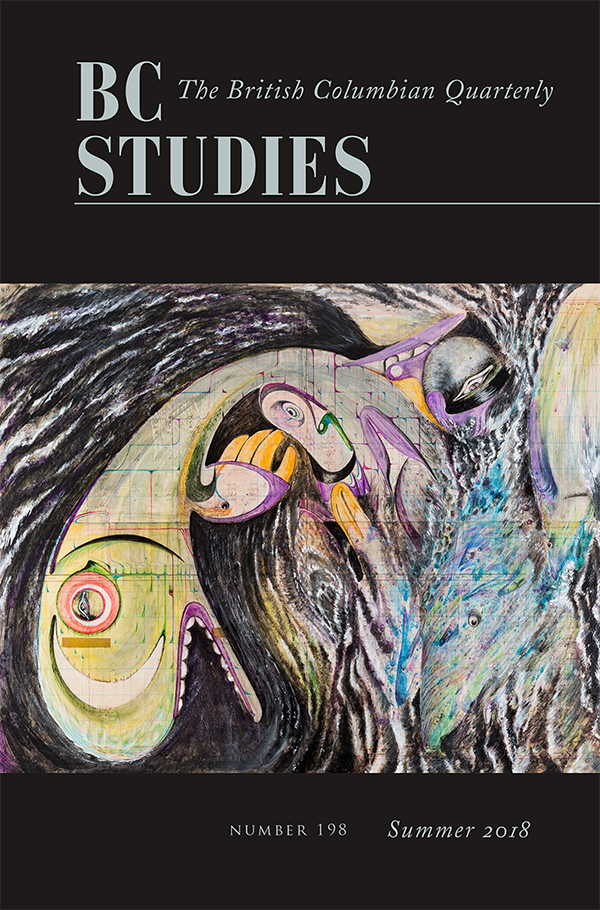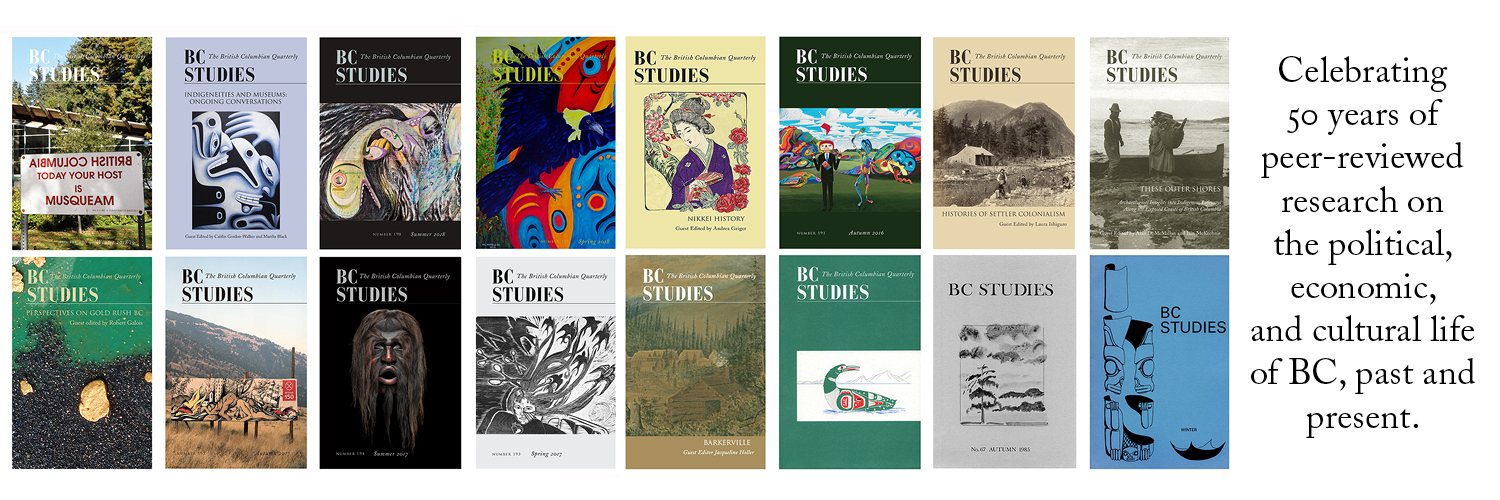Multi-Level Governance in British Columbia: Local Perspectives on Shifting Relations and Structures
DOI:
https://doi.org/10.14288/bcs.v0i198.184843Keywords:
Multi-level governance, local governments, British Columbia, service delivery, public policy, municipal government, governmentAbstract
While originally coined to denote a European Union phenomenon of governance spreading out both vertically between governmental levels and horizontally between governmental and non-governmental actors, multi-level governance is finding new purchase in Canada. Despite the increasingly prevalent use of the term in examining Canadian politics at both federal and provincial levels, more work can be done to reveal whether this shift in concept from traditional federalism to multi-level governance is matched by a shift in actual governance processes, and whether these shifts are felt in the same way in large and small municipalities. This article, using two local government case studies in British Columbia, shows that multi-level governance – defined as fluid, overlapping, function-specific realms of policy making – has not taken root in BC politics to the extent it has in European politics. While the provincial government has adopted more flexible approaches to dealing with local governance issues, this has not been met with increasing heterarchy or autonomy when it comes to how local governments are able to deal with policy issues. In addition, larger and smaller municipalities may react to multi-level governance in different ways.



